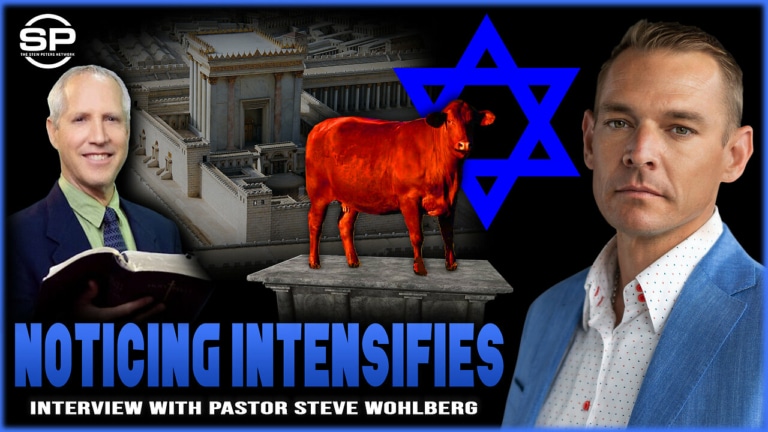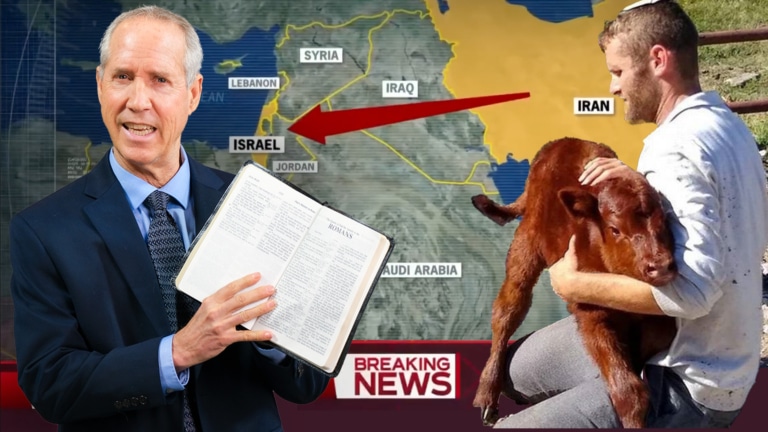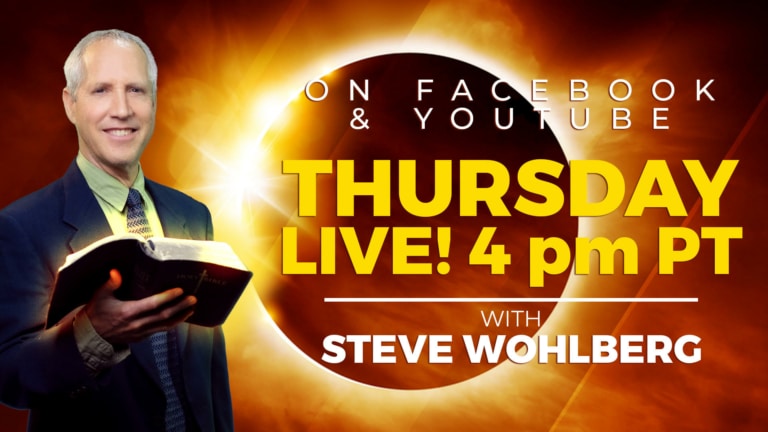In Part 1 of this series entitled, The Ten Commandments Revisited, it was proven from the New Testament that Christians who are saved by grace should especially – in response to God’s mercy – earnestly endeavor to keep the Ten Commandments out of love for Jesus Christ. After all, if Jesus died for our sins of breaking the law (1 John 3:4; 1 Cor. 15:3), the most logical thing for forgiven sinners to do is to become obedient to God’s commandments. Such love-motivated obedience can also only be accomplished by His Holy Spirit working in us (Romans 8:4).
Yet many resist the idea of Christians still being required to obey the Big Ten. They do this based on their belief that the New Testament not only teaches “grace apart from law,” but also teaches the abolition of the Ten Commandments themselves as a standard of righteousness. This truth is, this belief is based upon a misunderstanding of certain New Testament passages – some about a “new commandment,” “the fulfilling of the law,” and our not being “under the law” (see Part 3 of this series), and others about the actual “abolishing” of “commandments” by Jesus Christ
The purpose of this simple study is to prove that “the law” that is abolished in the New Testament is not the Big Ten, but rather “the law of sacrifices, offerings, and burnt offerings” which pointed forward to Jesus Christ. The law that required sinners to slit the throats of little lambs is over (because Jesus Christ is the Lamb), while the Ten Commandments endure forever.
The Law of Sacrifices has been Abolished
Hebrews 10:1,8 – There was a “law” that was separate from the Ten Commandments. It was written by Moses and involved “sacrifices… and burnt offerings … which were offered by the law” (vs. 8). It was called “a shadow of good things to come” (vs. 1). It was a “shadow” because its “sacrifices” pointed forward to the great Sacrifice of Jesus Christ. When Jesus Christ died, this “shadow” ceased.
Ephesians 2:15 – Jesus Christ “abolished … the law of commandments contained in ordinances.” How do we know this is talking about “the law of sacrifices” and not the Ten Commandments? We know because in the very same book (Ephesians), Paul quoted the 5th commandment, “Honor thy father and mother,” as being in full force for Christians (Ephesians 6:1-3). Paul said the 5th commandment requiring children to obey their parents, “is,” not “was.”
Colossians 2:14 – “Blotting out the handwriting of ordinances that was against is … nailing it to his cross.” Many apply this to the Ten Commandments, but this is a mistake. We know this because the “ordinances” here mentioned as having been nailed to the cross were “the handwriting of ordinances.” The “handwriting” refers to the law that Moses wrote with his own hand in a book (Deut. 31:24-26). This is different from the fingerwriting of God when He wrote the Big Ten with His own Finger on “two tables of stone.” Exodus 31:18.
The following verses show the clear distinction between “the law of sacrifices” written by Moses (which were abolished) and the Ten Commandments which endure forever:
The Ten Commandments———The Law of Moses
Written by God. Exod. 24:12—–Written by Moses. Deut. 31:9
The finger of God. Exod. 31:18—–The hand of Moses. Deut. 31:24
Written on stone. Exod. 31:18—–Written in a book. Deut. 31:24
Placed in the ark. Deut. 10:1-5—–In the side of the ark. Deut. 31:26
Royal law of liberty. James 2:8-12—–Law in ordinances. Eph. 2:15
Moral precepts. Exod. 20—–Ritual matters. Deut. 31:24
We should keep. James 2:12—–We should not keep. Acts 15:24
Judges all men. James 2:12—–Judges no man. Col. 2:16
Spiritual. Romans 7:12-14—–Carnal. Heb. 7:16; 9:10
Christ magnified. Isa. 42:21—–Christ abolished. Col. 2:14; Eph. 2:15
Established by faith. Romans 3:31—–Blotted out by Christ. Col. 2:14
When Jesus Christ died, prophecy says He caused “the sacrifice … to cease.” Dan. 9:27
The Ten Commandments can never “cease.” They’re on “two tables of testimony, tables of stone, written with the finger of God.” Exodus 31:18






